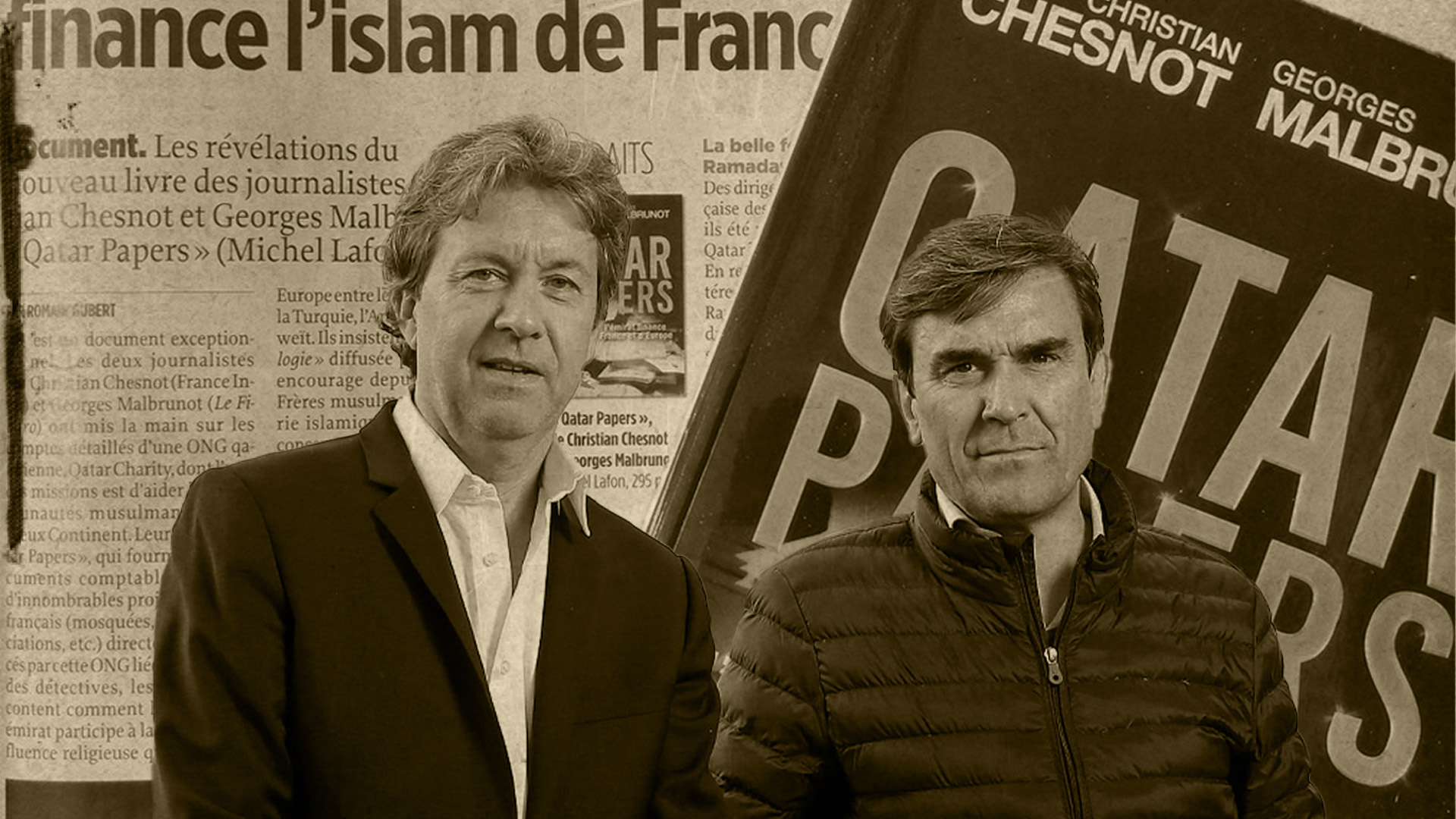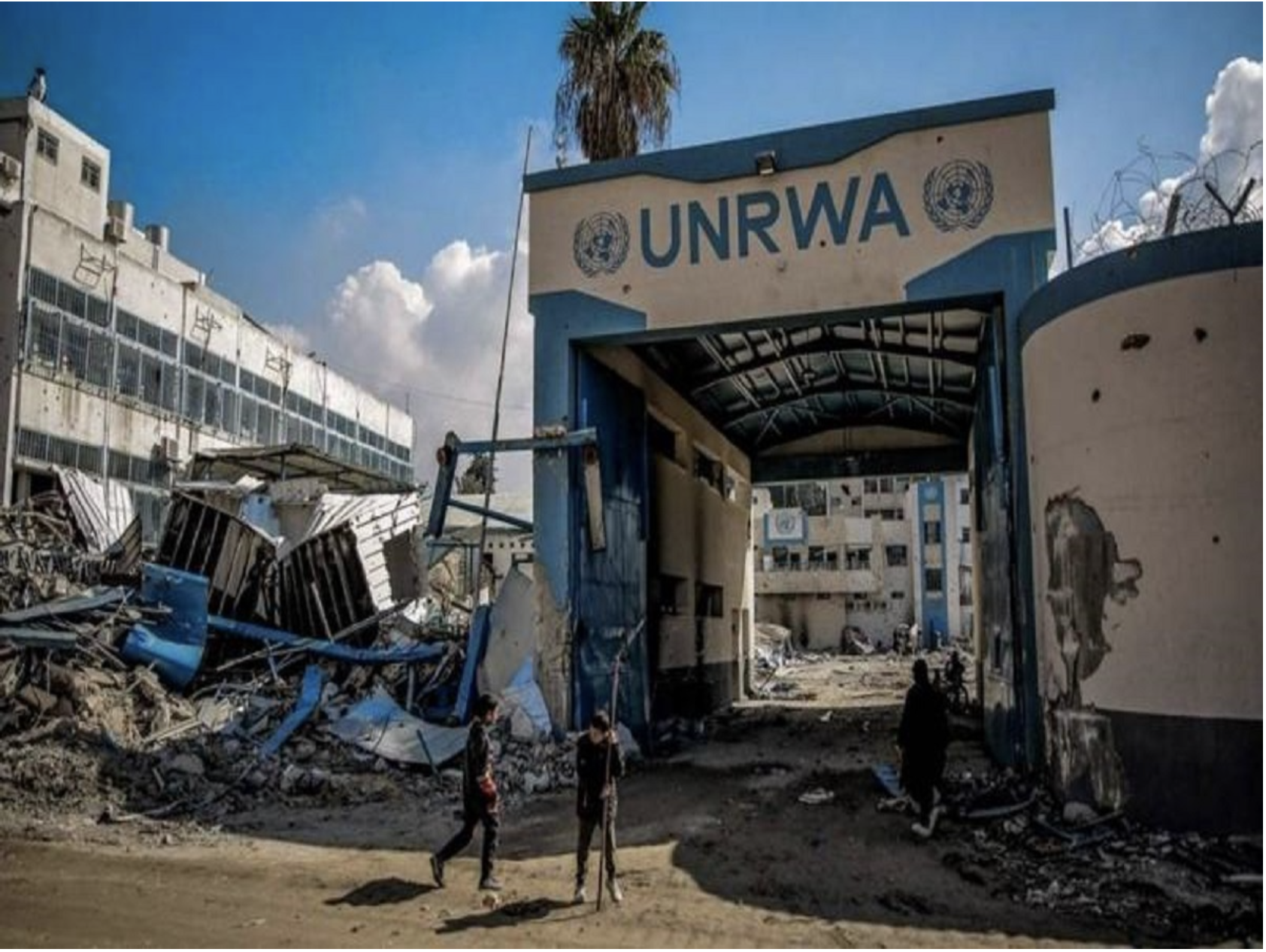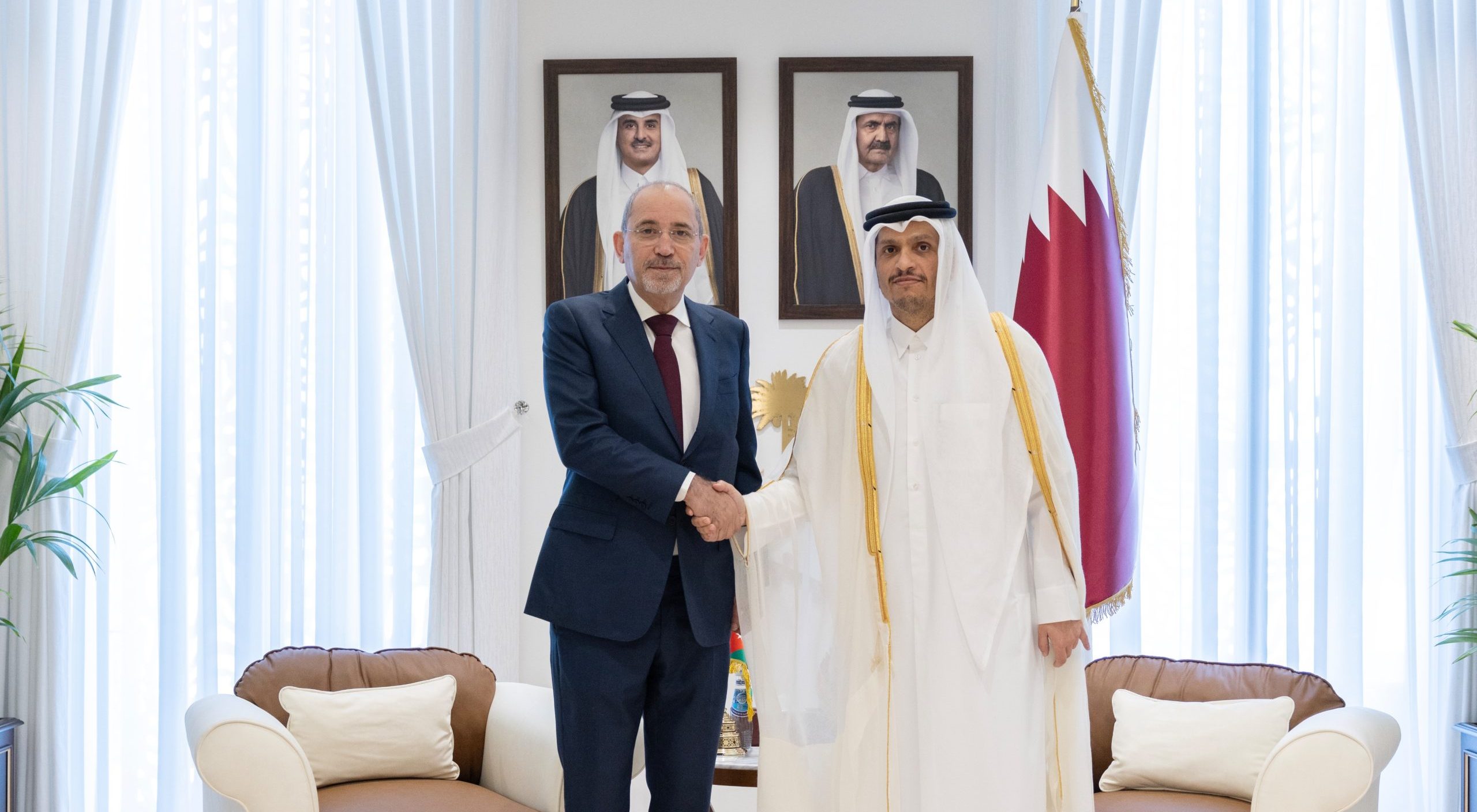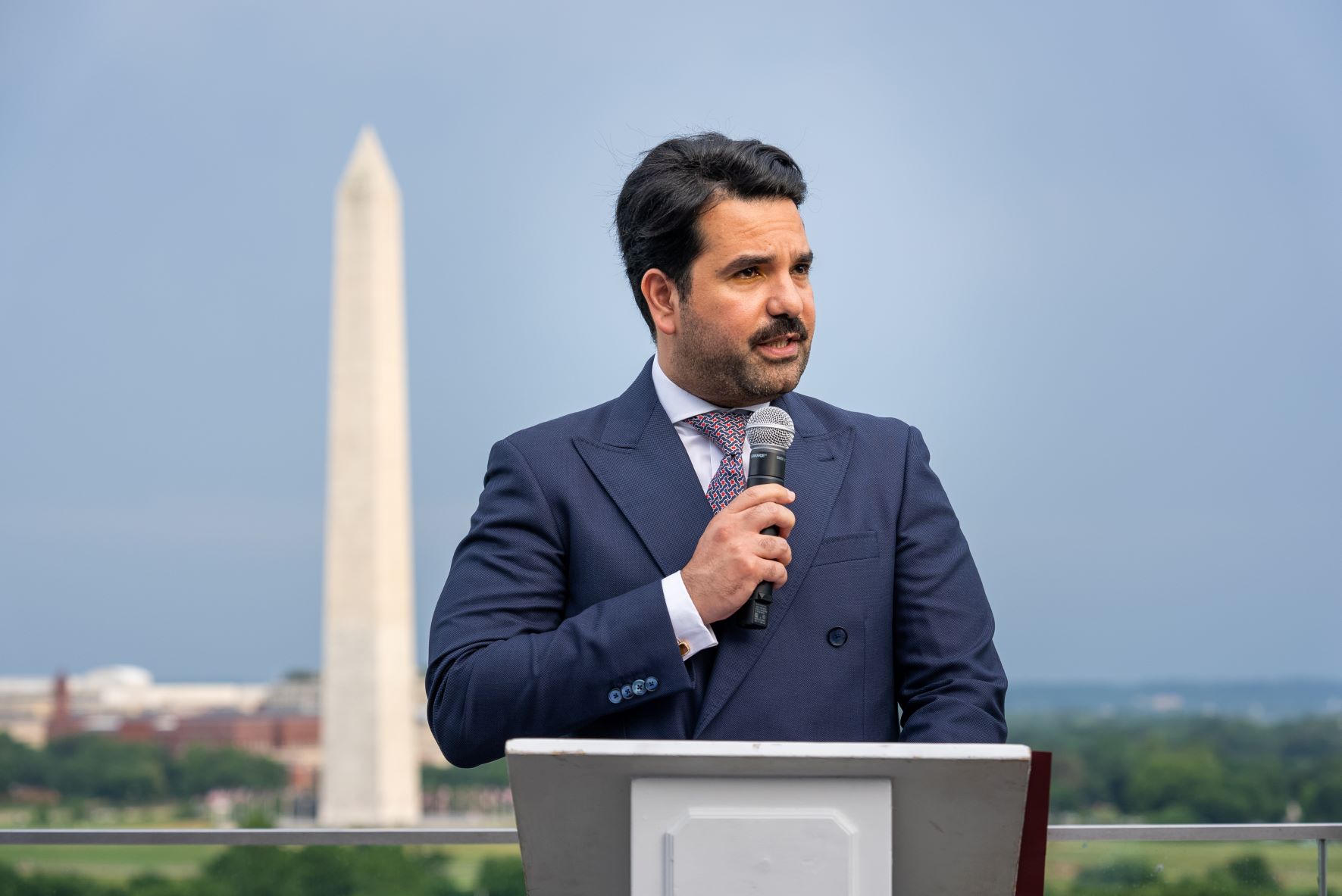An investigation by Mediapart revealed how two journalists handed over sensitive information from the ‘Qatar Papers’ book to an advisor to the Bahraini king, under the guise of ‘translation’.
Two prominent French journalists sent sensitive information to an advisor to the Bahraini king to allegedly “translate” the information for the infamous ‘Qatar Papers,’ a book intended to defame Doha amid the 2017 GCC crisis.
Christian Chesnot of France Inter and Georges Malbrunot of Le Figaro paid thousands of euros to Milan Erzen, the owner of the Bahrain Victorious cycling team and advisor to the king, for alleged translation of the confidential documents that formed the basis of their work for the notorious anti-Qatar book, according to a new investigation by Mediapart.
Publisher Michel Lafon transferred 29,403 euros to a Bahraini company called 25th Hour Consulting in connection with ‘Qatar Papers’ and another book authored by Chesnot and Malbrunot, titled “Le Déclassement français.”
Notably, Erzen owns 25th Hour Consulting entirely. Apart from his other role in the cycling team, he also serves as an advisor to Prince Nasser bin Hamed Al-Khalifa, the son of the Bahraini king and head of Bahrain’s sports policy and Royal Guard.
Regarding the payment to 25th Hour Consulting, Lafon’s lawyer stated that it was made as royalties owed to Chesnot and Malbrunot, who requested the funds to settle a debt.
However, the purpose of this payment raises questions, as 25th Hour Consulting, according to Bahrain’s commercial registry, focuses on “management consulting” and “organising and promoting sporting events.”
Chesnot and Malbrunot initially denied knowing Erzen but when pressed said the payment was for “translation assistance” of confidential documents in Arabic.
The absence of such translation services from the company’s website, combined with Erzen’s limited proficiency in Arabic and French, led to further speculation, Mediapart reported.
Critics have also questioned the journalists’ decision to trust the translation of sensitive Qatari documents to an advisor of a rival country that participated in the blockade of Qatar alongside the UAE and Saudi Arabia and Egypt at the time of the exchange.
In 2017, the Quartet launched an illegal air, land and sea blockade on Qatar and severed all ties with the Gulf state over allegations of supporting terrorism – a claim that Doha has consistently denied and slammed as baseless.
In its report, Mediapart pointed to hundreds of competent Arabic translators who could have maintained a more neutral stance.
As the situation unfolds, Chesnot and Malbrunot have chosen not to reveal additional details, citing the need to preserve the confidentiality of their journalistic sources and their ability to continue their investigative work.
Meanwhile, Erzen has remained tight-lipped, citing confidentiality concerns surrounding his company’s activities.
Last March, it was disclosed that the rights to the Arabic and English editions of ‘Qatar Papers’ were acquired by a London-based company linked to a French-Algerian journalist, allegedly funded by a UAE research centre.
Notably, that centre has direct ties to ‘Sheikh Matar,’ an Emirati spy at the centre of a recent damning ‘Abu Dhabi Secrets’ investigation by Mediapart, raising suspicions about the book’s financing.
Published at the height of the GCC crisis in April 2019, the papers delved into Qatar’s alleged funding of numerous projects to construct mosques, Islamic centres, and schools in Europe and France, and attempted to link the Gulf state with the Muslim Brotherhood.
While the MB is a popular regional movement that was heavily involved in the Arab Spring of 2011, it is outlawed as a ‘terrorist organisation’ by all four countries involved in the previous blockade against Qatar.
Their vehement opposition towards the MB is not solely rooted in ideological differences. Rather, it stems from fears of a potential threat to the region’s autocratic regimes and monarchies, as witnessed in the rise of elected governments affiliated with the Brotherhood in Tunisia and Egypt following the Arab Spring of 2011.







